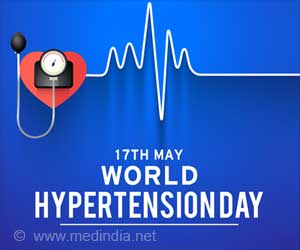- A 20-meter shuttle run among obese kids improved executive functions and brain health
- Unlike shuttle run, treadmill test did not reveal evident improvement in brain indicators
- The shuttle run test can serve as an effective tool to tailor public health strategies for obese children
Which indices of cardiorespiratory fitness are more strongly associated with brain health in children with overweight/obesity?
Go to source).
Aerobic Fitness and Brain Health
The study included 100 overweight or obese children aged 8 to 11 years as part of the ActiveBrains study conducted in Granada, Spain.Aerobic fitness was measured by the 20-meter shuttle run test- a widely used method in schools worldwide. Brain health was evaluated through cognitive tests and brain imaging. Maximal oxygen uptake (VO2 max) was objectively measured during a maximum treadmill test.
The results showed consistent and clear associations with various brain health outcomes in children. The outcomes included cognitive functions, learning, executive functions, academic performance, and brain imaging measures.
Did You Know?
Nearly 30% of children in European countries are living with overweight/obesity, and the prevalence may be increasing.
Associations with Shuttle Run Test
Children who performed well in the shuttle run test exhibited better executive functions, academic performance, and higher total brain grey matter volume. The maximal oxygen uptake estimated using an equation based on the shuttle run test results was associated with general intelligence and reasoning ability.Maximal oxygen uptake measured objectively during the treadmill test was not associated with any brain health outcomes. The study suggests that factors such as body composition, motor skills, and motivation, in addition to maximal oxygen uptake, play a role in the 20-meter shuttle run results.
Read More to Know About ‘Lowering Screen Time & Increasing Physical Activity Curbs Childhood Obesity’
Implications for Fitness Monitoring
The 20-meter shuttle run test is widely used in schools globally, including in fitness monitoring systems. Fitness assessments using the shuttle run test can provide informative and predictive insights into the brain health status of children.Monitoring systems can help identify regions with poorer fitness, informing public health strategies to address childhood health concerns.
In summary, the 20-meter shuttle run test may be a valuable tool in assessing and predicting various aspects of brain health in children, and its inclusion in fitness monitoring systems can aid in identifying and addressing health concerns among obese kids.
Reference:
- Which indices of cardiorespiratory fitness are more strongly associated with brain health in children with overweight/obesity? - (https://onlinelibrary.wiley.com/doi/10.1111/sms.14549)
Source-Medindia
















